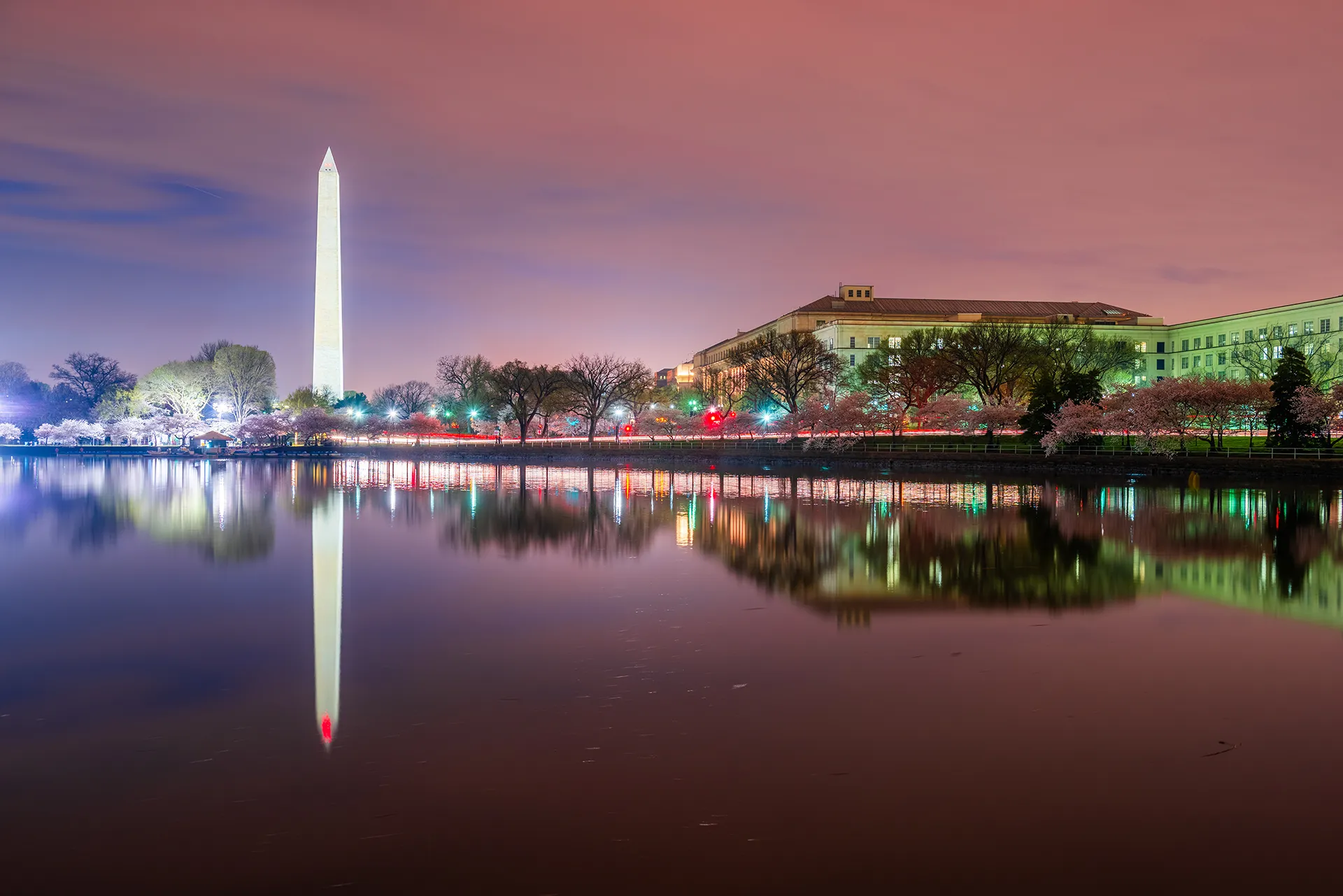January 19, 2019
Washington, D.C. – January 18, 2019 – As the Country endures the longest government shutdown in history, the National Indian Gaming Association (NIGA) joins our Sister Organizations, Tribal Governments, and Tribal Leaders, in calling for an end to this destructive shutdown. The National Indian Gaming Association urges its Member Tribes and any other tribal citizen within Indian Country, to submit stories of hardship that the Shutdown is causing your community, for us to share with Congress and the Administration (information is below).
The government shutdown directly impacts essential governmental services to all residents of Indian Country. It is endangering lives and property on tribal lands, burdening those most in need—the poorest of the poor in the United States.
Native Nations entered into treaties with the United States. In so doing, our governments ceded hundreds of millions of acres to the federal government. In return, the Government promised to provide for the health, education, public safety, and general care of Reservation residents.
Funding for programs and services administered by the Bureau of Indian Affairs (BIA), the Indian Health Service (IHS), and other federal agencies subject to the shutdown represent the Government’s most basic attempt to meet these solemn treaty and trust obligations to Native Nations. These agencies provide funding for Indian health care, education, and public safety, which are the cornerstone of the federal government’s obligations.
Our people are suffering. It is immoral to permit Native children, elders, and those most in need to become collateral damage to the dysfunctional politics in Washington, D.C.
“There is nothing more essential to the lives of our Tribal citizens than maintaining the health, safety, education, and welfare services on the Reservation that depend on Federal money. As the shutdown lingers on, these services are being cut-off, or are at risk of being substantially reduced. Our Board Members and NIGA Member Tribes are now urging Congress and the President to end this shutdown,” stated Chairman Ernie Stevens, Jr.
The House Democratic Steering and Policy Committee held a hearing to receive testimonies on the impact the shutdown is having on Indian Country. Tribal governments are stepping in with their own funds in to support education, health, and public safety resources for tribal citizens. These responsibilities are part of the federal government’s treaty obligations with Tribal Nations.
“The Confederated Tribes of the Colville Reservation are losing about $400,000 per day, and $1.2 million per week… In 2013, the Obama Administration held tribal leader calls, in advance, to take advantage of drawdowns early… with this Shutdown, we were given less than 24-hour notice,” stated one Tribal witness.
In Osage County, the Osage Tribe is being forced to close the only women’s shelter due to lack of funding caused by the shutdown. The Pawnee Nation launched a GoFundMe campaign to buy groceries for families of federal workers affected by the government shutdown. Many Pawnee employees whose salary is covered by federal funds are still working but without pay.
On the Navajo Nation, a snow storm blanketed the Reservation in early January, many Navajo citizens were trapped in their homes for days. BIA workers, furloughed during the call for snow removal, were slow to respond. Roads were ultimately cleared by unpaid federal employees. These stories have reached the office of newly elected Congresswoman Deb Haaland of New Mexico, a Laguna Pueblo citizen. Congresswoman Haaland made remarks on the House floor calling for an end to the shutdown.
“As someone who relied on government assistance programs when I was raising my daughter as a single mom, I’ve been there and I know,” said Rep. Haaland. “I know that it is devastating for these people to worry about how they are going to pay for their next meal and take care of their families.”
How Is The Government Shutdown Impacting Your Tribe
NIGA is committed to sharing your stories of the shutdown’s impact on your Tribe and its citizens. As a national Tribal resource located on Capitol Hill, we are uniquely situated to tell your stories daily to Congress and the administrative agencies that serve Indian Country. Stories and any comments can be submitted to Rudy Soto at RSoto@indiangaming.org or Chelsea Blake at CBlake@indiangaming.org
It is our sincere hope that this shutdown ends tomorrow, but we must be prepared to take action now to ensure the long-term health of Indian Country in the absence of Federal funds.
BIA Publishes Final Rule for Section 293 Class III Tribal-State Gaming Compacts

Remembering and Honoring the Legacy of Dr. Martin Luther King, Jr.

Statement From The Chairman Of The Indian Gaming Association: “Compromise or Collision Course: Americans Need Government to Function”
